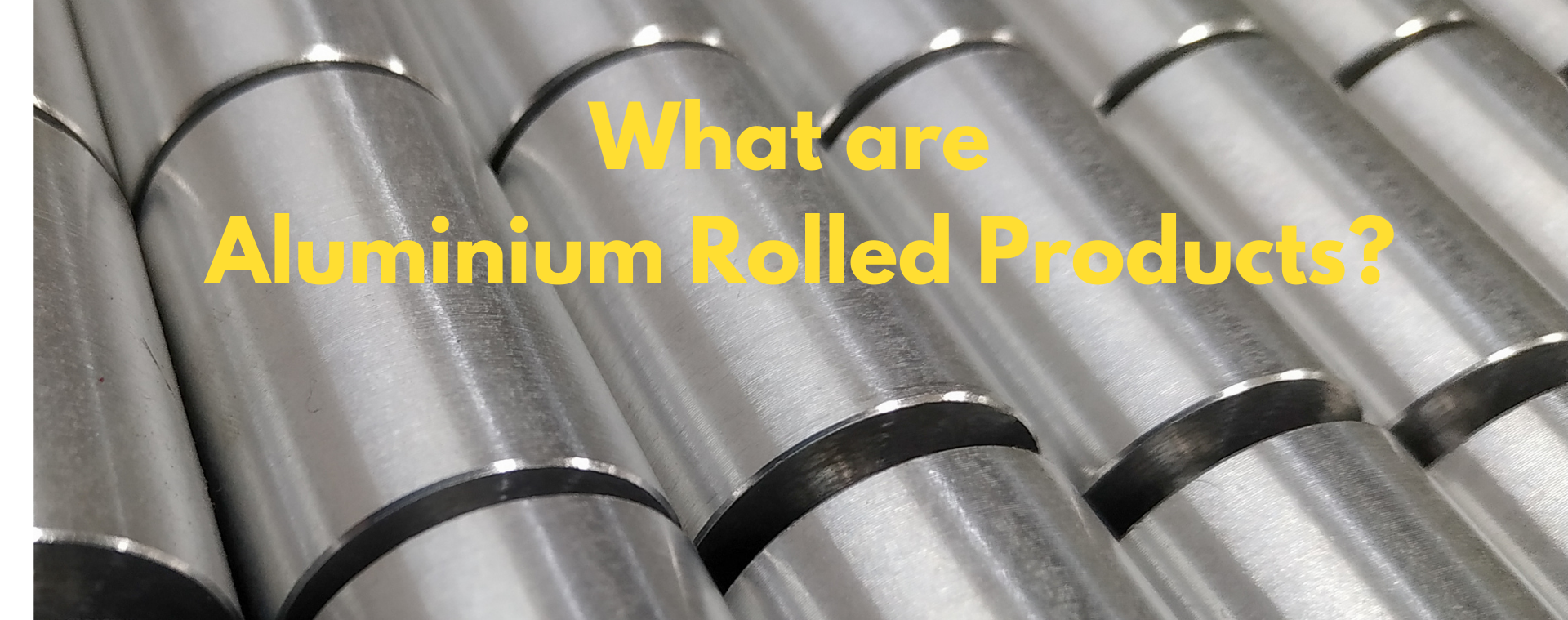What are Aluminium Rolled Products?

Aluminium, the silvery-white, lightweight metal has a plethora of uses across various sectors. It is essentially the most vital element utilised in households as well as industries. The growing need for this versatile metal has facilitated the emergence of various aluminium companies across Tamil Nadu, one such being KMC Aluminium.
Typically, aluminium extrusion manufacturers also have the capacity to facilitate the process of producing aluminium rolled products within their integrated plants. These products are used to aid flexibility in modern operations across varying magnitudes.
Rolled aluminium is used in a wide range of industries and applications such as aircrafts, aerospace, railways, roadways, engineering, electricals, food, packaging and printing.
Aluminium is most commonly processed in the form of rolled products such as sheets, plates or foils, to name a few. Over the years, the demand for such products has steadily increased due to growing use in the single-use goods sector, among others.
Aluminium sheets, plates and foils are generally manufactured through rolling thick aluminium slabs between industrial-grade rolls to reduce their overall thickness and further lengthen it through hot and cold rolling processes.
One of the most common methods of turning cast aluminium slabs from smelters and wrought re-melts into industrial competent forms is through rolled aluminium. By utilising the process of hot rolling, an aluminium slab of around 600mm thickness can be reduced to plate material with thickness amounting to 6mm to 250mm. Through additional cold rolling processes, aluminium fabricators further decrease these dimensions to 2mm thickness sheets.
Also known as flat-rolled products, these goods heavily rely on preparatory steps such as alloying, casting, scalping, pre-heating, intermediate annealing as well as finishing steps such as solution heat treatment (also known as final annealing), stretching, leveling, slitting, edge trimming and ageing. There are mainly 4 common methods used for rolling aluminium – Conventional Rolling, Strip Casting, Twin-Roll Casting and Twin-Belt Casting.
Lightness, durability and high strength are some of the common qualities shared by all aluminium rolled products. These three characteristics coupled with the inherent qualities of the metal make rolled aluminium one of the most flexible materials available for usage in the packaging, transportation, building and construction industries.
Interestingly, aluminium rolled products such as sheet, plate and foil comprise almost a 50% majority of all aluminum alloys used across the world. The remaining 50% include extrusions, castings, wires, rods, bars, forgings, impacts, powders and pastes among others. KMC Aluminium, the best aluminium company in Chennai, is a complete aluminium service provider from start to finish.

